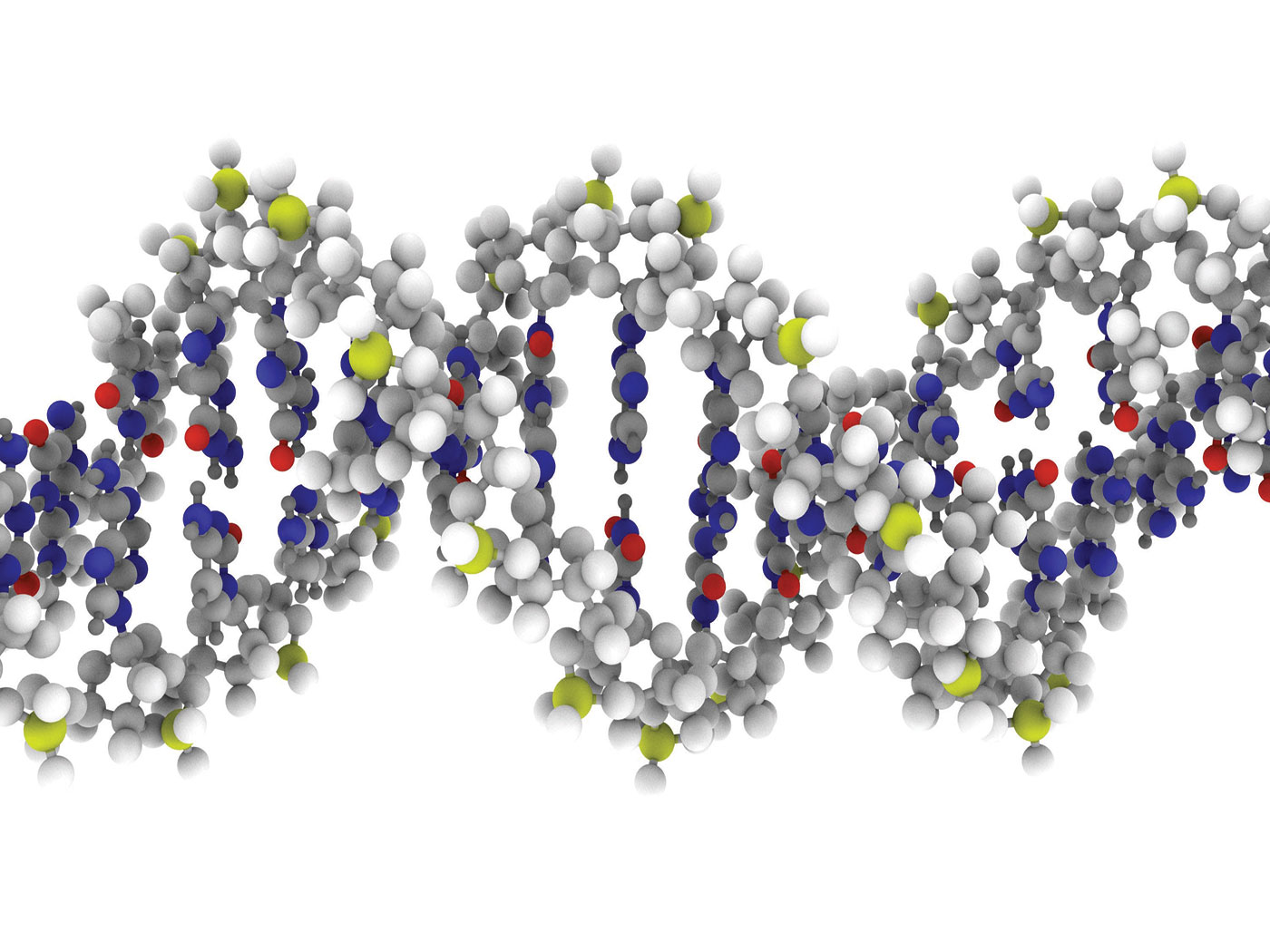“When the wicked, even mine enemies and my foes, came upon me to eat up my flesh, they stumbled and fell. Though an host should encamp against me, my heart shall not fear: though war should rise against me, in this will I be confident.” (Psalm 27:2-3)
The wicked were ready to “eat up” the flesh of David. Whatever may be in view as the setting of this psalm, it surely warns of a pending catastrophic event in David’s life. The use of this poignant phrase in the Old Testament often relates to physical destruction of a people at the hands of a military conqueror (Numbers 24:8; Psalm 53:1-5; Jeremiah 5:15-17).
In the New Testament, however, the emphasis seems to be on spiritual, mental, and character destruction (Galatians 5:15; 1 Corinthians 3:3; 2 Corinthians 12:20). The biblical message is consistent. No matter whether the Scriptures record an actual event or they use the examples of history to illustrate a spiritual truth, the results are the same. At the apparent peak of the enemy’s power, the enemies of God “stumbled and fell.”
All godly soldiers should be aware of their own insufficiency. As the conflict is building and the strength of the enemy becomes known, only a foolish braggart assumes that his own resources are enough to bring about victory—especially so when we face the great Adversary and “accuser of the brethren” (Revelation 12:10).
Observation that the host is surrounding and war is rising demands that the child of God not casually enter into Kingdom affairs in ignorance of the enemy or of his potential. Rather, David rests “in this [God’s strength] will I be confident.” The bold warrior is bold because he is focused. HMM III
Adapted from Treasures in the Psalms, Henry M. Morris III, 342.














